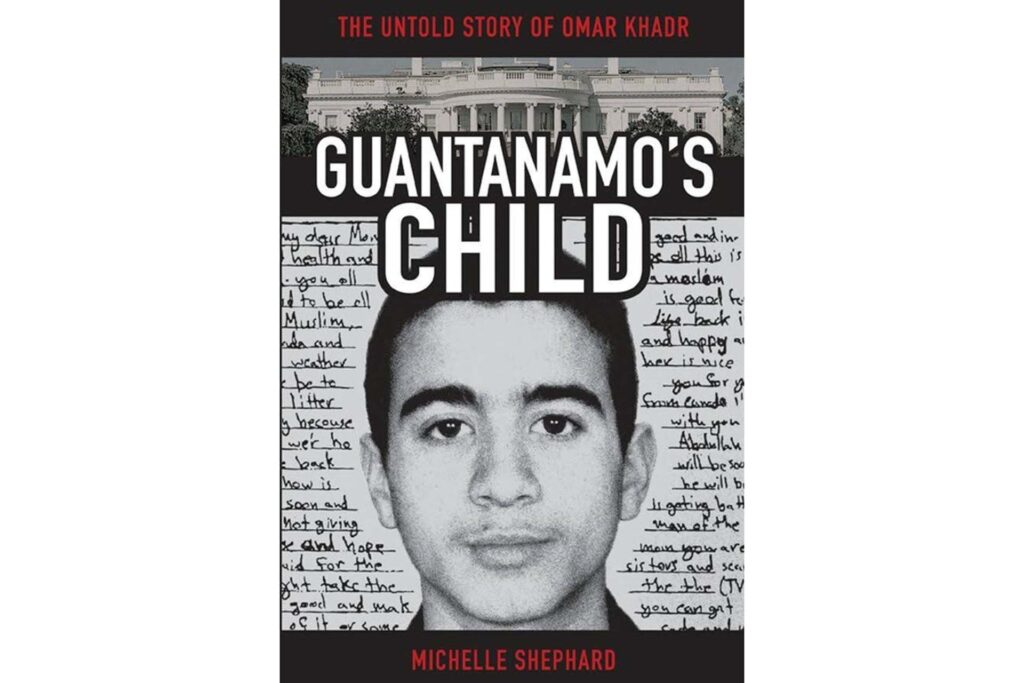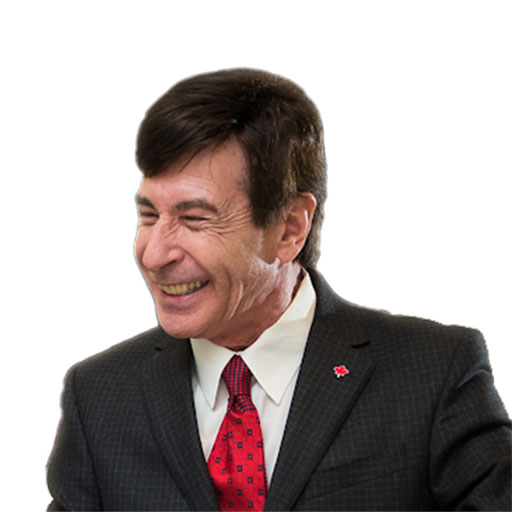Omar Khadr’s birthday is later this week, and although he will only turn 29 next Saturday, his life has seemed very long since coming into the world in Toronto in 1986. Since he was captured in Afghanistan in July 2002 as a badly wounded 15-year-old child, his life and sentencing have left Canada and the world deeply divided as people argue whether he was a child soldier or an unrepentant terrorist. He was the youngest prisoner and last western citizen to be held by the US at Guantanamo Bay, the place where he grew from being a child to being thoughtful, although haunted young Canadian man. This month will always be an important one for him, as it was in September three years ago that he was repatriated to Canada, returning to his home at the age of 26 to finally leave the ghosts of his childhood prison behind him. This week, the Toronto International Film Festival will screen a new documentary film by Peter Raymont on Khadr’s time at Guantanamo on the same day that his lawyer stops by the Empire Club (in partnership with RamsayTalks) to tell the story of his client and from his perspective-his very long and circuitous route to justice.
The Empire Club often uses the motto “Conversations with Power”, as it has served as the principal podium for those in positions of influence for well over a century now. It is also very much the podium for those with important stories to tell as well, something that is less recognized, as people have come to the Club to explain to Canadians their perspective on important historical events. In the hallowed halls of justice, there is no story more important to tell than that of Omar Khadr, and it is the very importance of this topic that divides people so profoundly. It may be a story that makes many Canadians uncomfortable, but not to tell it would be an even more cruel decision and certainly not the spirit that the founders of this club would have wanted to foster. The historical records show us 112 years of stories that have often contributed to a national discussion or debate on every topic imaginable, and needless to say many of these topics made people uncomfortable. At the same time, and this goes to the very reason that we exist and have prospered for so many decades, these uncomfortable debates also make us better citizens, more educated, and able to see various perspectives on issues that in turn make for better public policy.
When Chief Justice Beverley McLachlin spoke at the Empire Club on March 8th, 2007, she wanted to make the point to Canadians that while achieving justice may at times be complex, divisive, and messy, it is nevertheless the most important thing for any country to go after and the very basis of our “just society”. Here is the riveting conclusion to that speech:
“Let me close on this note. Nothing is more important than justice and just society. It is essential to the flourishing of men, women, and children and to maintain social stability and security. You need only open your newspaper to the international section to read about countries where the rule of law does not prevail, where the justice system is failing or non-existent. In this country, we realize that without justice we have no rights, no peace, no prosperity. We also realize that once diminished or lost justice is difficult to reinstate. We in Canada are the inheritors of a good justice system; one indeed that is the envy of the world. Let us face our challenges squarely and thus ensure that our justice system remains strong and effective.”
Dennis Edney, the man who has served as Omar Khadr’s lawyer for the past several years, will tell his story and that of his client to journalist Michelle Sheppard this week. This story falls in line with so many told at the Club over the years, and anyone interested in the complexities of justice and better understanding issues that divide people even within our own borders should be listening…it helps to make us all better citizens.


